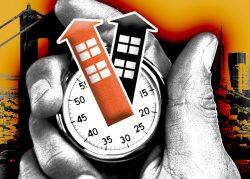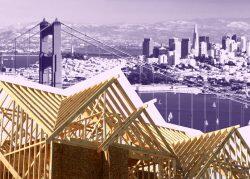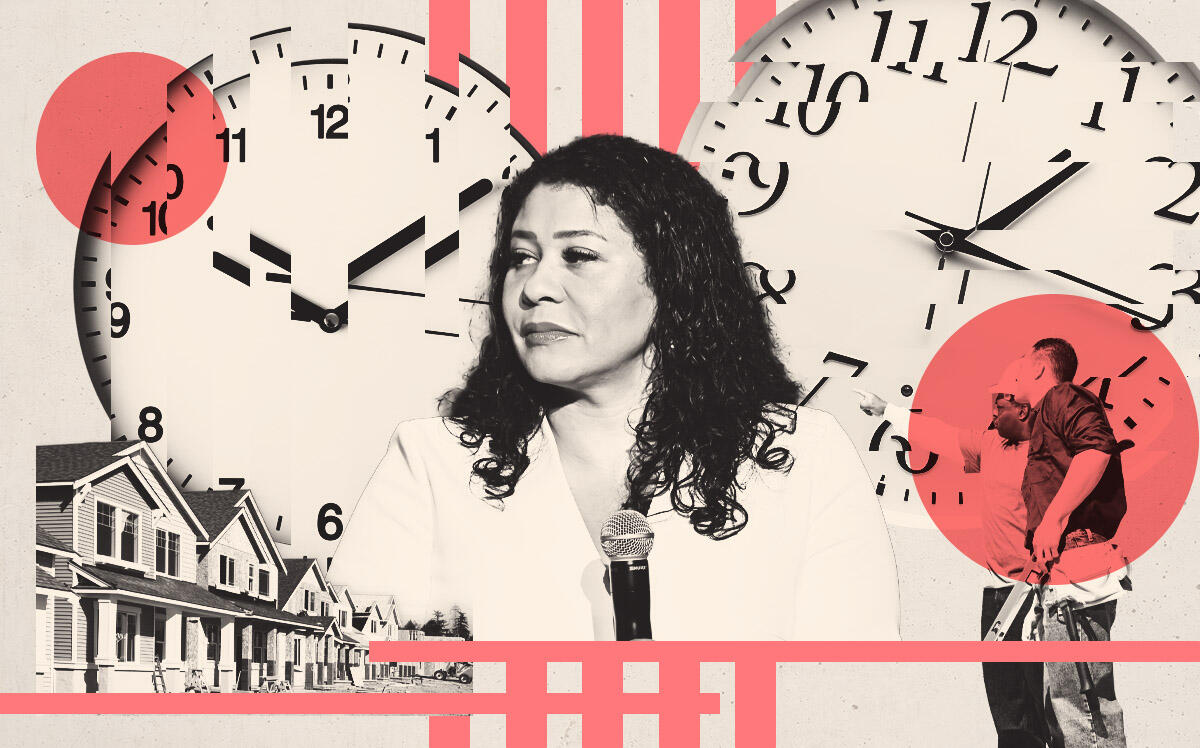It takes years for a developer to get approval for a housing project in San Francisco, the longest timeline of any California city.
The average wait to get a full building permit for an apartment project in the city is 627 days, with the same wait for a single-family home permit taking 861 days, according to a San Francisco Chronicle analysis.
That’s not counting the year or longer that some developers take to clear an earlier stage of planning approval before applying for building permits.
Developers wait nearly twice as long as it took a decade ago to get permission to break ground for homes, according to the Chronicle study of permit-approval data from the city’s Department of Building Inspection. It’s the longest approval process in the state.
The median approval time for permits in San Francisco has gone up 83 percent since 2012.
The wait has driven off potential builders and cut down on the number of new homes built, during a housing crunch that sent home prices and rents skyward. Housing applications have plummeted to a six-year low.
Ten years ago, housing developers typically got permits in 342 days, the analysis shows.
While efforts to speed up housing production often focus on changing zoning and density restrictions, the bureaucratic thicket to secure a building permit can be formidable.
“Most cities have timelines where it’s like a few weeks. San Francisco is like a few years,” Corey Smith, executive director of the Housing Action Coalition, told the newspaper. “It just proves what we know: That San Francisco doesn’t prioritize building new housing.”
The Chronicle’s analysis comes as state housing officials conduct an unprecedented probe into the city’s glacial housing approvals, including its process for issuing permits.
Department of Building Inspection officials declined requests for an interview. But in a lengthy statement, they said the agency is making a series of significant changes to speed up processing times and improve customer service.
They said the median wait time reflected in The Chronicle’s analysis doesn’t yet reflect these changes, which will take time to take less time.
Neville Pereira, deputy director for permit services, acknowledged that “the process takes too long.” “We’re working hard to drive that review time down without sacrificing public safety,” he said.
To build housing in San Francisco, developers must first receive planning approval, known as entitlement, to ensure the city supports the type, size and design of housing proposed for a site, according to the Chronicle. This took an average of 450 days over the last 18 months, according to recent data from the state.
Then comes post-entitlement — the focus of The Chronicle’s analysis — in which developers must show their architectural plans comply with health and safety codes to obtain permits to begin construction.
The second part of the process should be the fastest. It’s less subjective, and potential opposition to a project would likely have been sorted out during the planning stage. But it isn’t.
A half-dozen developers and architects who have worked in San Francisco for years say the delays — when multiplied over thousands of projects — have dramatically depressed the amount of new housing in San Francisco.
The prolonged process, they say, effectively kills many projects, pushes developers to do business elsewhere and drives up housing prices, as renters and buyers compete for fewer available units.
While the median approval time has soared to nearly two years, dozens of individual developments have faced far longer delays, according to The Chronicle’s analysis. In more than 270 projects approved since 2012, city reviewers took four years or longer to approve a permit. Thirty-four projects took eight years or longer.
Architects and builders said large developers often fare better for one clear reason: money. Many large developers hire specialists known as “permit expediters” who charge up to $500 per hour to visit the city daily to push permits along.
— Dana Bartholomew
Read more


